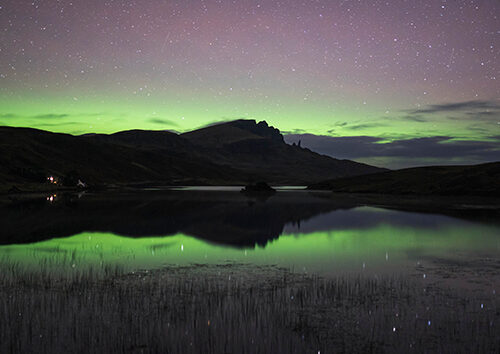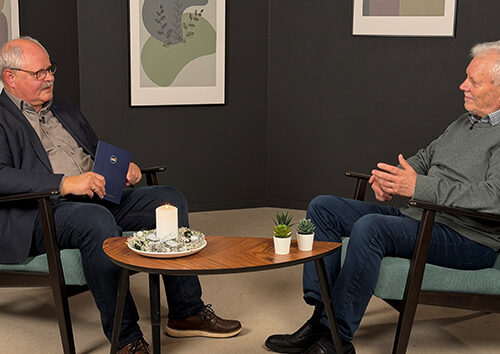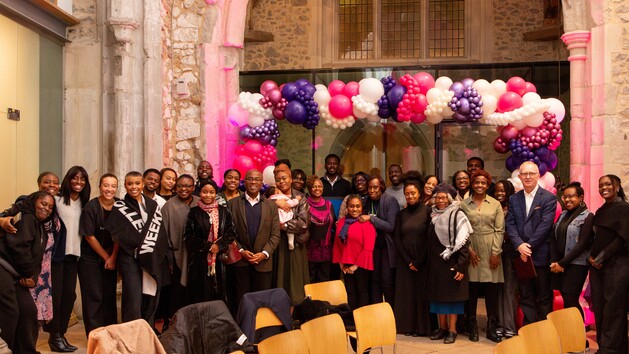12 May London, UK [David Neal]
He had waited a long time for this moment and is the 40th and oldest monarch to be crowned king. “We welcome you in the name of the King of Kings”, said Samuel Strachan, age 14, at the commencement of the service, to which The King replied, “In his name and after his example I come not to be served but to serve”, setting the tone not just for the Coronation service, but for his reign.
The religious roots of the Coronation date back to Judaism, with the Israelites asking for a king because they wanted to be ‘like the surrounding nations’ (1 Samuel 8). The first two chapters of 1 Kings tell the story of David nearing the end of his life, who recognises Solomon his son, to be the next king. “There Zadok the priest took the horn of oil from the tent and anointed Solomon. Then they blew the trumpet, and all the people said, “Long live King Solomon” (1 Kings 1:39 ESV).
The Tradition Continues
Fast forward to the Coronation of King Charles III on 7 May 2023, and the tradition continues. As the Archbishop of Canterbury explained in the liturgy, “Thy prophets of old anointed priests and kings to serve in thy name and in the fulness of time thine only son was appointed by the Holy Spirit to be the Christ the Saviour and Servant of all.”
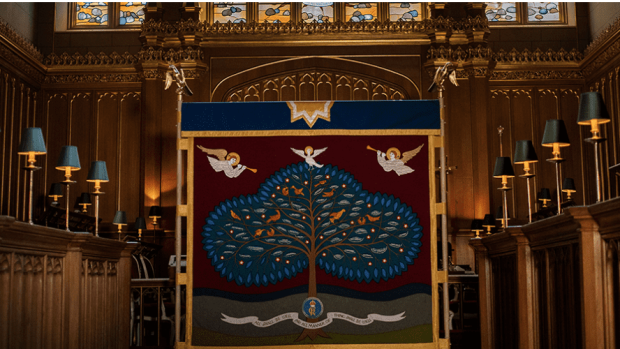
The act of anointing ‘behind the screen’ makes the occasion deeply personal for the monarch – and it might be added, a unique rite in comparison to all other European monarchies. De-robed of his vestments, the King is ‘set apart’ to serve his people before God. Is he a priest? No, he is a king. But the optics of a ‘go between’ the people and God, accessed ‘behind the veil’ at the very least have in times past led to the idea of the King having the divine right to govern.
England was still a Christian country when Queen Elizabeth ll came to the throne in 1953. At the time, 34% of Britons believed that she had been placed on the throne by the hand of God. The Church of England was the church to which almost everyone belonged, as much a sign of national identity as a sign of religious belief. With Britain in recovery from the destruction of the Second World War, hopes for a brighter future were alive. Still, economically and politically times were austere as the British Empire ended.
The people of the Empire lived elsewhere, with some (but not all) holding strange beliefs, ideas, and practices which British Evangelicals (including Adventists) of the time would commonly describe in their literature as ‘the heathen.’ But just as Empire ended, Britain had a critical post-war employment problem – not enough people to fill all the available jobs. An invitation was made for people to immigrate to Britain. From that moment Britain began its journey towards a multi-ethnic, multi-cultural, multi-faith society.
Staying Faithful in a Changing World
Charles was just four years old when his mother came to the throne and crowned to be ‘defender of the faith’ and she said “I am willing” in response to two key questions. “Will you to the utmost of your power maintain the Laws of God and the true profession of the Gospel? Will you to the utmost of your power maintain in the United Kingdom the Protestant Reformed Religion?” Charles at his Coronation was asked the same questions and responded in the same manner.
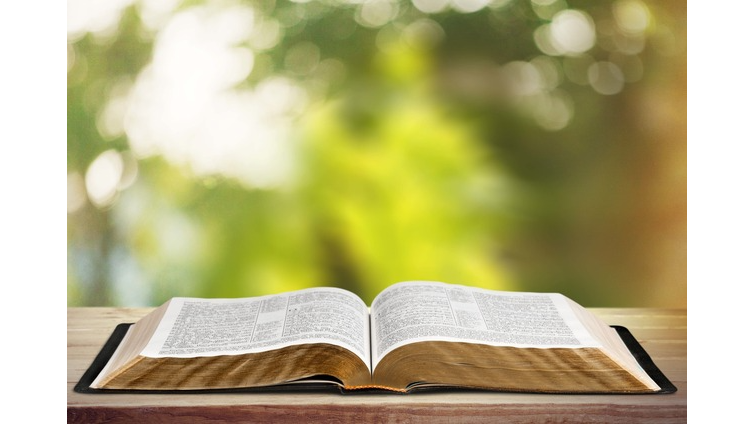
But the times have changed, which the King clearly holds in tension. On the one hand is his deep respect for British tradition and continuing commitment to the Christian faith, and on the other hand, a secular Britain he finds himself reigning over today. As Gavin Ashenden, former chaplain to the Queen, pointed out in his 8 May The Sunday Times article, the times we now live in have created a balancing act in “how to reconcile the historic claims of there being only one truth, with the contemporary insistence that all truths are equally valid.” He continues, “Both the monarchy and Christianity make absolute claims: at the heart of Christianity is the claim that Jesus is the way, the truth and the life and the only way to the Father.”
“Defender of Faith?”
With a personal interest not only in the Christian faith, King Charles lll has also shown great interest in non-Christian faiths, particularly Islam and Judaism, and in 1994 said he should be “defender of faith” as opposed to the “Defender of the Faith”, leading one critcal commentator to recently suggest “The king has grown up a relativist…!”
At face value we could be tempted to react with distress over a further signal of the demise of Christianity in Britain. But the King also made this oath: “The Church…you will swear to maintain, is committed to the true profession of the Gospel, and in so doing will seek to foster an environment in which people of all faiths and beliefs may live freely…”
Respect and Wrestle
When it comes down to it, I am called to live out the solid biblical call to, “Respect everyone, and love the family of believers. Fear God and respect the king.” (1 Peter 2:17 TLB) In his role as the titular head of The Church of England (the recognised established Christian church in England), I find it encouraging that Charles lll is committed to the value religious freeedom for all, for all religions and none. It does us well to remember that some who once sat on the throne of England were oppressors of religious freedom.
The Kings Prayer
And while it is easy to pin on the King a ‘relativist’ label, we too, need to admit that sometimes personally, and as a community of faith wrestle over the same matter he does – there being only one truth, with the contemporary insistence that all truths are equally valid. In our wrestling, may we pray the prayer of King Charles lll.
God of compassion and mercy
Whose Son was sent not to be served but to serve,
give grace that I may find in thy service perfect freedom
and in that freedom knowledge of thy truth.
Grant that I may be a blessing to all thy children, of every faith and conviction,
that together we may discover the ways of gentleness
and be led into the paths of peace.
through Jesus Christ our Lod.
Amen.
Notes:
“It was worship – not theatre” is attributed to the Archbishop of Canterbury, Justin Welby as a quick comment to a question from a BBC reporter after the Coronation.
Photo credits: Featured image of King Charles lll and open bible, courtesy of Shutterstock. Image of Annointing Screen, courtesy of https://www.royal.uk/
The Full Coronation Service which took place at Westminster Abbely can be found at: https://www.churchofengland.org/coronation/liturgy

